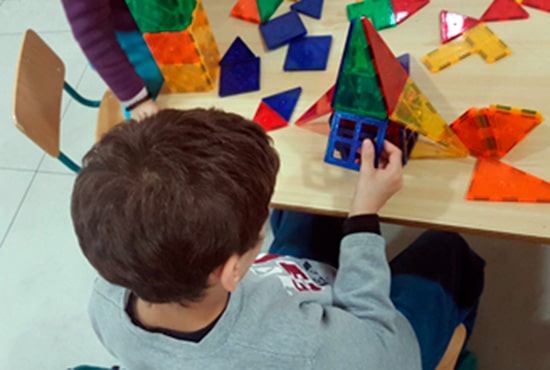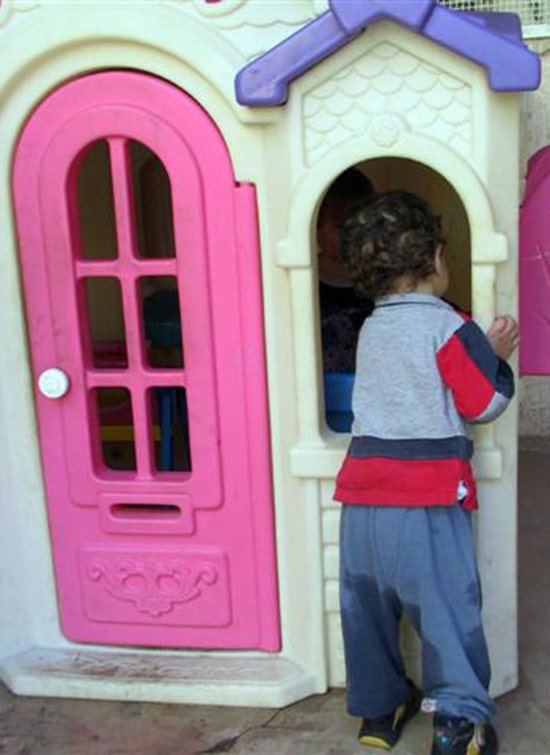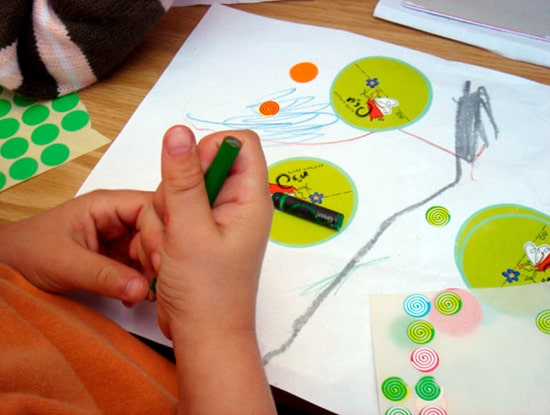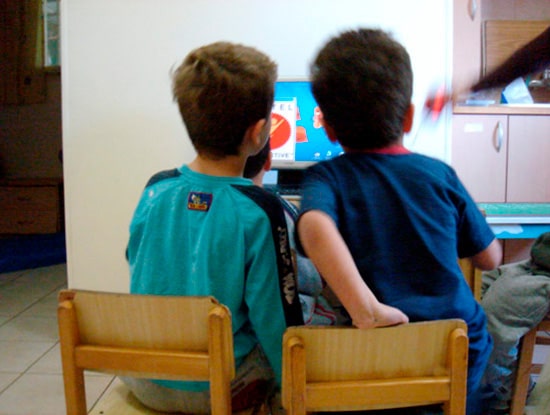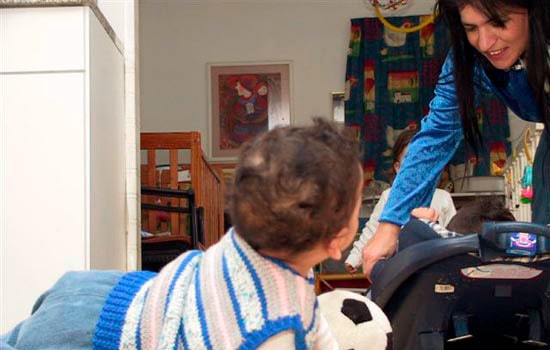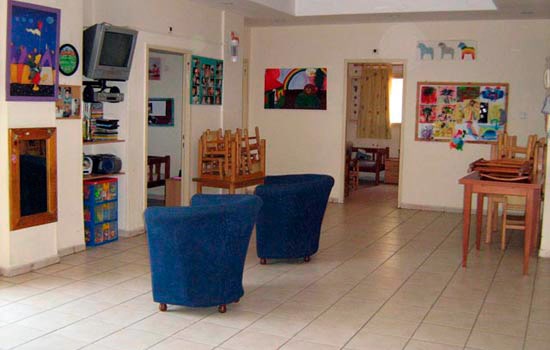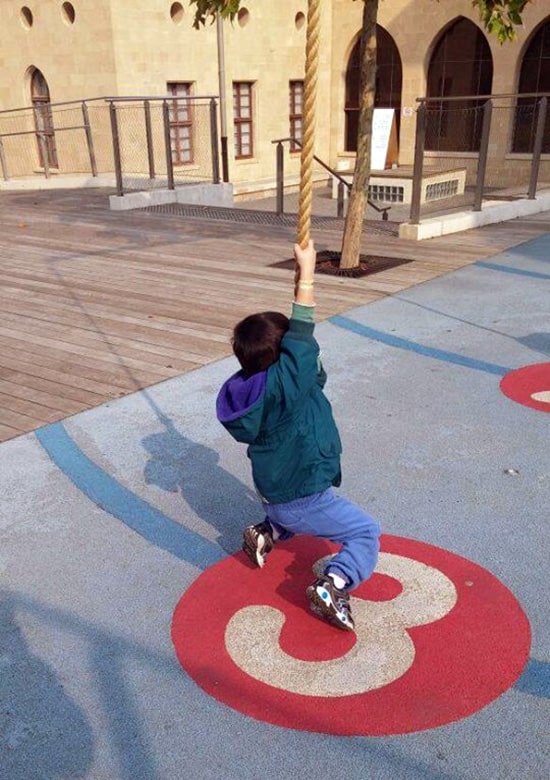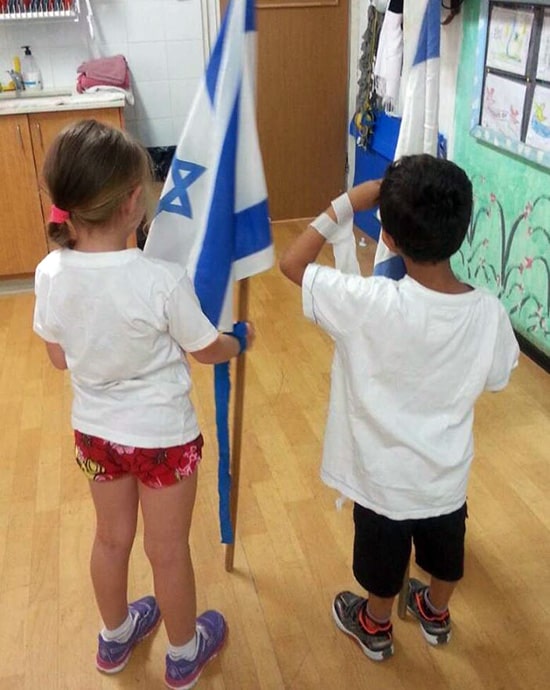Daniel would approach her like a baby and when he was ignored, he would lash out hitting her and then rejecting her. He would go around the building asking for presents and sweets from others, having uncontrolled temper tantrums and asking to stay in the other mothers’ rooms and have dinner with them.
Throughout this difficult period, Galia was open to therapy and t was evident that she really wanted to understand her situation. From the day of her arrival, she performed all of her concrete tasks impeccably, cooking and feeding her children, shopping and was able to take care of any health problems she or the children might have. She cleaned their clothes, joined in kindergarten activities and kept her apartment clean and tidy. She kept to her budget and earned some extra money with a cleaning job twice a week.
Galia became attached to her therapist and to the unit’s team and formed some friendships with the young caregivers at the Home. She experienced difficulties with the older caregivers whom she considered dangerous and exploitive like the older people she had known throughout her life.
This mistrust of the older caregivers led to outbursts of rage and became central to her therapy. As her therapy progressed, Galia made impressive advances in many other areas. She was able to develop relations with others, look, touch and smile. Her outbursts declined and she has gained the love and affection of all the caregivers who admire her efforts to change and are impressed with all her achievements.
Galia’s relationship with her children has also changed dramatically. She touches, hugs and speaks to them as a mother should. She has learned to set clear boundaries for them. She proudly declares that Daniel and Anna are the anchors that connect her with reality and that she wants to give them a better life than she had. Daniel and Anna have become very attached to her.
Galia’s stay in the Mother/Child Unit is about to come to an end. Those who have worked with her feel she has succeeded in becoming a real parent who wants to ensure a good future for her children. They were impressed by her ability to change, by her readiness to continue with her therapy and by her willingness to accept help to reach her goals. She has been given a temporary flat and has worked and saved in order to furnish it. Local social services will accompany her and her children into the community and assist them in their re-integration. With their help, Galia will be able to raise her children, be a better mother and realize the hope and promise of a brighter future.
